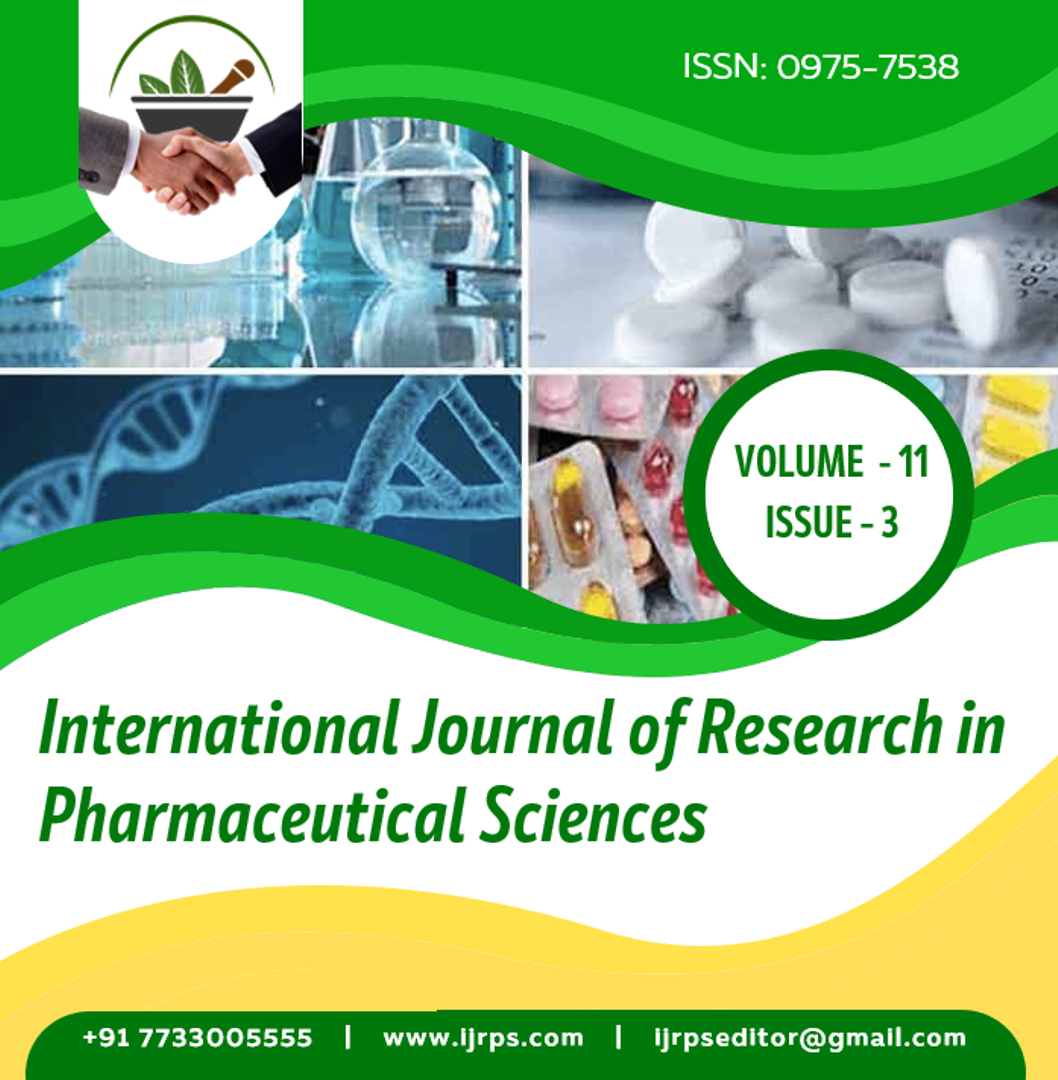Abstract
Throughout several regular cell cycles, reactive oxygen species (ROS) play a critical role. When ROS values are high, and when the defence mechanism (antioxidants) cannot neutralise, they harm and modify the part of biological molecules. They also act as signalling molecules which generate a spectrum of disease.In this study, we reviewed existing oxidants, oxidative stress, and their relationship with infection by human immunodeficiency virus in patients, and the effects of oxidative stress in patients with HIV.Our prospect is to do a clinical study on HIV patients and estimate oxidative parameters like nitric oxide, total antioxidant level and correlate them with CD4 count and viral load which may be helpful during monitoring and giving efficient ART to the HIV patients. And also the importance of ROS in infection has been established through clinical and in vitro studies. Here we review the role of oxidative stress in HIV pathogenesis, the impact of ROS on immune responses in HIV patients, and ROS-mediated regulation of HIV infection. Future studies on the interplay between ROS and HIV infection may offer a new strategy for prevention and treatment.
Full text article
Authors

This work is licensed under a Creative Commons Attribution-NonCommercial-NoDerivatives 4.0 International License.

